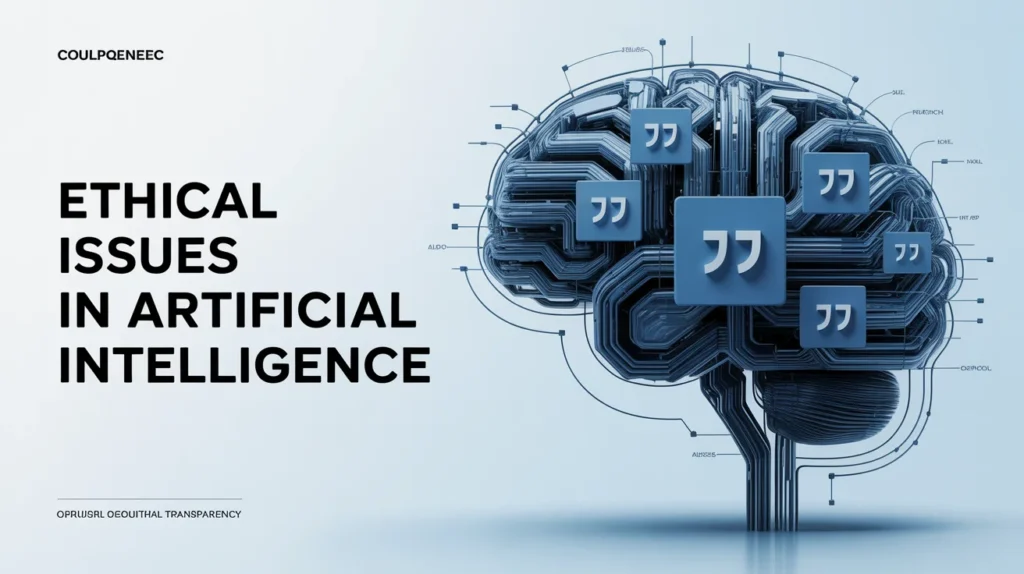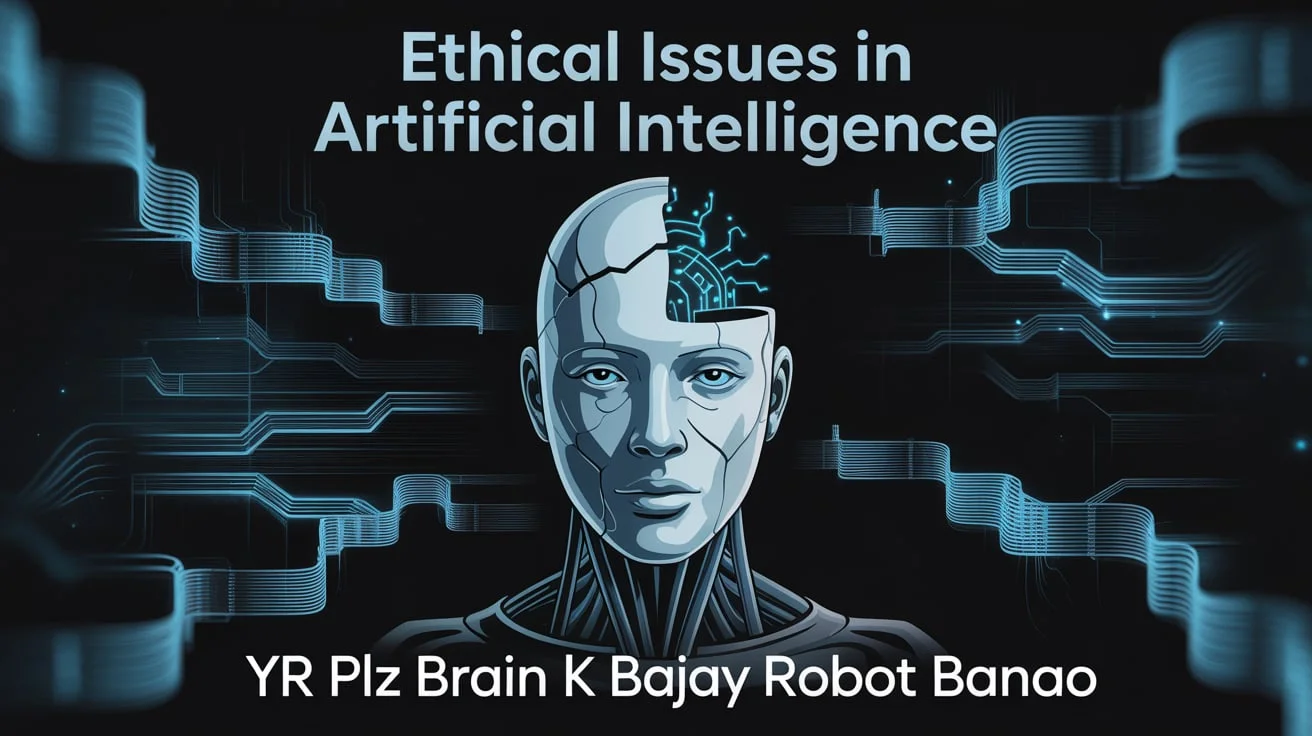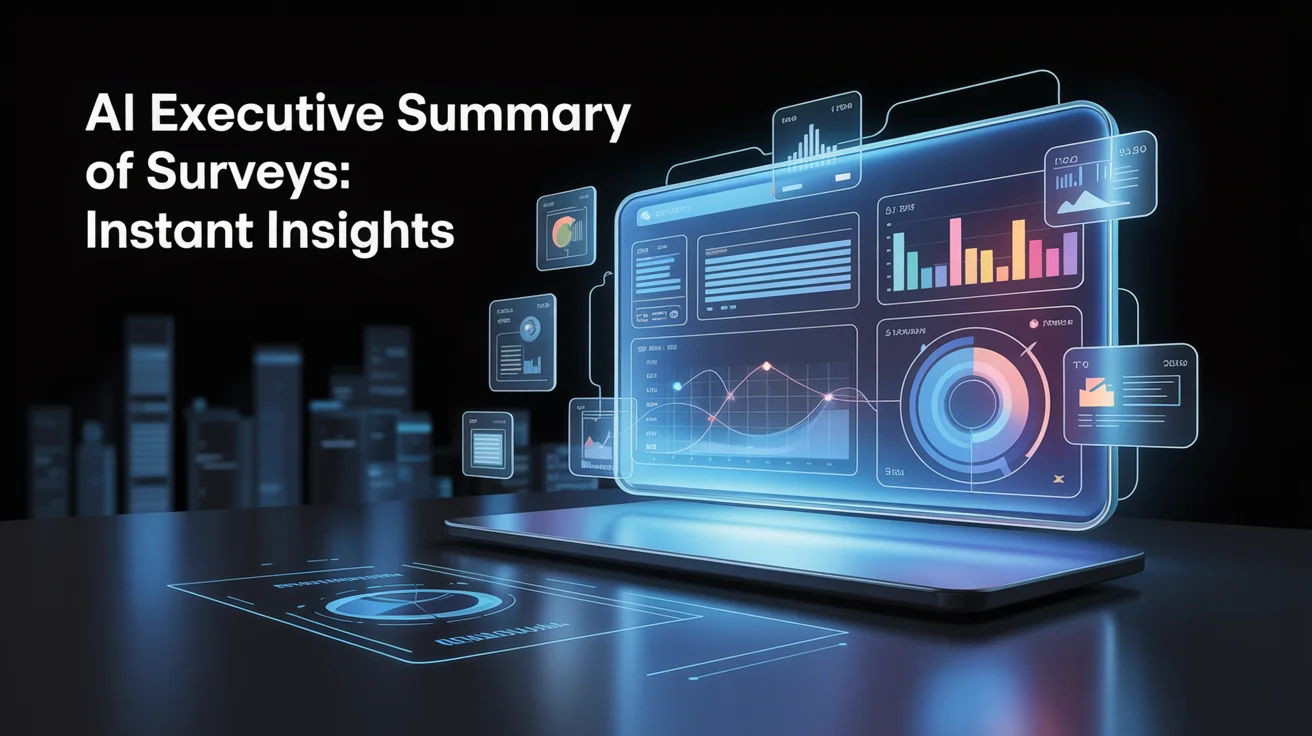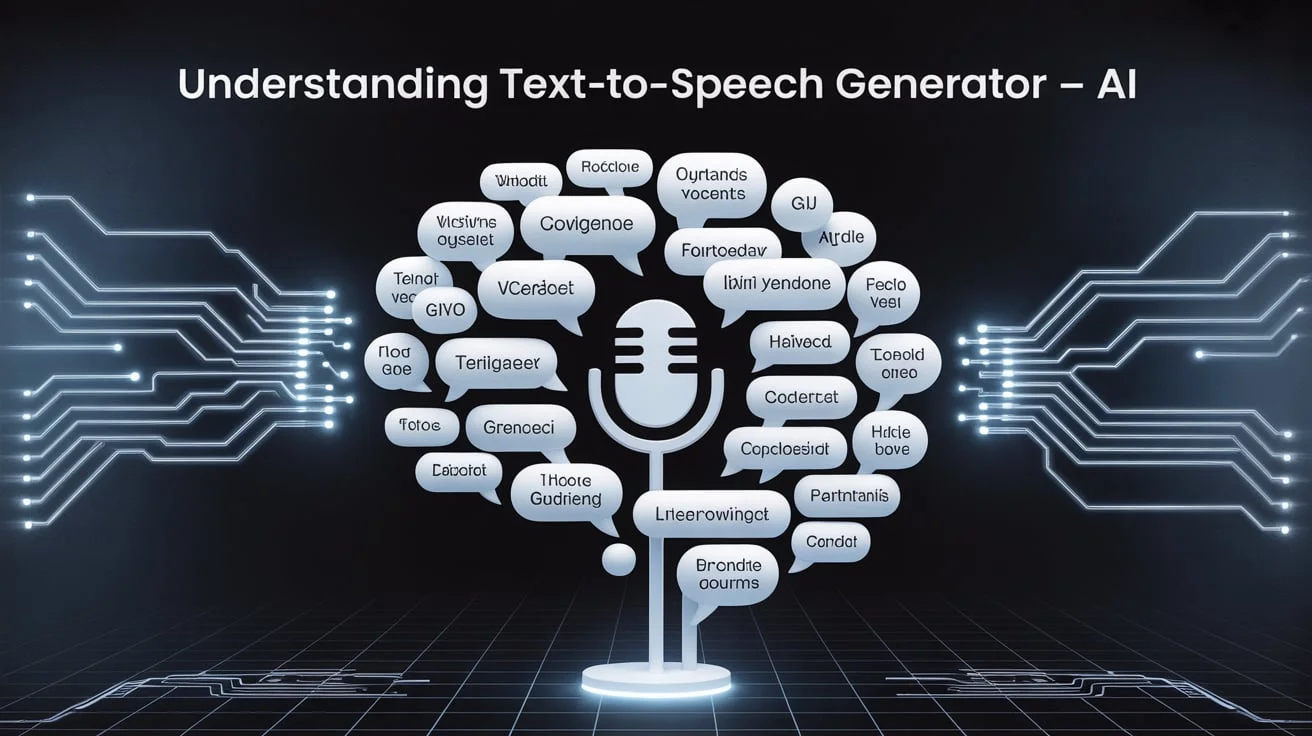Artificial intelligence (AI) is transforming every part of our lives, from healthcare and education to business and entertainment. However, with its rapid advancement, serious concerns about its ethics have surfaced.
We must address the ethical issues in artificial intelligence carefully to ensure AI benefits society as a whole without causing harm.These issues involve not only the technology itself but also how humans choose to develop and apply it.
This article explores the major ethical issues in artificial intelligence in detail. We’ll examine real-world examples, potential impacts, and the importance of responsible AI governance. The goal is to illuminate AI’s challenges and spark a thoughtful conversation about our digital future.
Bias and Discrimination in AI Systems
AI systems often reflect the data they are trained on. If that data contains human biases, the AI can replicate or even amplify them. This can lead to discrimination based on race, gender, or other factors.
One example is facial recognition software, which has shown higher error rates for people with darker skin tones. This raises concerns, especially when law enforcement or hiring processes use AI.
Privacy Invasion and Data Misuse
AI depends on large volumes of data to function effectively. However, collecting, storing, and analyzing user data raises significant privacy issues. Many AI systems track large amounts of personal information from people daily without their awareness.
AI technologies like voice assistants and intelligent surveillance can sometimes overreach, creating an atmosphere of constant monitoring. This lack of transparency and control challenges the very idea of digital privacy.
Job Displacement and Economic Inequality
AI has made many industries more efficient, but this has a downside. Automation is replacing human labour in various sectors. Workers in low-skill or repetitive jobs are most at risk.
This trend could increase the economic gap between skilled tech workers and others, deepening inequality. Governments and businesses must rethink job training, reskilling, and social policies to manage this.
- Automation may eliminate millions of jobs in logistics, manufacturing, and retail.
- Many workers may not have access to new opportunities in the digital economy.
- Economic power could become concentrated in companies that control AI systems.
Lack of Transparency and Accountability

Another concern is the “black box” nature of many AI models. Decisions made by AI are often challenging to explain or trace. This becomes dangerous when AI is used in critical sectors like healthcare, criminal justice, or finance.
If an AI makes a harmful or unfair decision, who should be held accountable? Is it the developer, the company, or the user? These questions highlight the urgent need for transparency and responsible AI development.
Autonomy and Control Over AI Systems
As AI systems become more advanced, they may begin to act with increasing levels of independence. While this enables greater functionality, it also challenges human control.
AI must remain aligned with human values and goals. Without clear limits, machines could operate beyond what humans intend, leading to unforeseen consequences.
- Highly autonomous drones or weapons may act without human oversight.
- Advanced chatbots could manipulate user behaviour without consent.
- Ensuring AI remains under ethical control is essential for public safety.
Ethical Use of AI in Warfare
The development of AI in military settings is raising global concerns. Autonomous weapons that can select and engage targets without human intervention raise serious ethical questions.
These technologies may reduce human casualties, making war easier to start and harder to control. International laws and moral guidelines are needed to prevent the abuse of AI in warfare.
Consent and Human Rights
When AI systems interact with people, consent should be explicit and informed. However, many users are not aware of how AI is used in their daily apps and devices, which violates basic principles of autonomy and human rights.
People have a right to know when they are monitored, profiled, or influenced by machines. Ethical AI should always prioritize human dignity.
Environmental Impact of AI Development
Training large AI models requires vast amounts of computing power. This has a significant environmental cost regarding energy consumption and carbon emissions. Few people consider the climate implications of developing powerful AI tools.
Sustainable AI development should include energy-efficient models and renewable energy sources. Otherwise, we risk solving one problem while creating another.
- Massive data centres burn through electricity for model training.
- Most AI developers do not prioritize environmental sustainability.
- Ethical AI must also be environmentally responsible.
Manipulation and Misinformation
AI can generate fake content that looks and sounds real. Deepfakes, fake news, and synthetic media can be used to mislead the public, spread propaganda, or ruin reputations. These risks make AI a dangerous tool in the wrong hands.
AI-generated content should be easily identifiable and regulated. Otherwise, truth itself may become difficult to verify in the digital age.
Regulation and Global Governance
Strong legal and ethical frameworks are required to address AI’s many challenges. However, global agreement is difficult. Countries have different laws, values, and goals related to technology.
There is a growing call for international AI standards that promote safety, fairness, and accountability. These must be developed by collaborating with governments, researchers, and civil society.
- Many countries are rushing to develop AI without clear ethical rules.
- Lack of coordination could result in dangerous global consequences.
- Global governance is vital to ensure AI works for the good of all.
Conclusion:
The rapid rise of AI has brought incredible opportunities and complex challenges. From bias and privacy concerns to misinformation and military use, the ethical issues in artificial intelligence are wide-ranging and deeply impactful. As AI continues to evolve, embedding ethics into its core is crucial.
We must create fair, transparent, accountable, and sustainable systems. AI should empower humanity, not replace or control it. By addressing these ethical concerns now, we can build a future where technology serves the values we all share.
Frequently Asked Questions:
What are the major ethical issues in artificial intelligence?
The main concerns include bias, privacy, job loss, lack of transparency, and misuse in warfare.
How can AI be made more ethical?
By ensuring fairness in data, improving transparency, protecting privacy, and setting clear accountability rules.
Why is AI bias dangerous?
AI bias can lead to unfair decisions, especially in sensitive areas like hiring, policing, and lending.
Should we regulate AI globally?
Yes, governments and organizations must create international laws and ethical standards to manage AI’s risks and benefits fairly.




